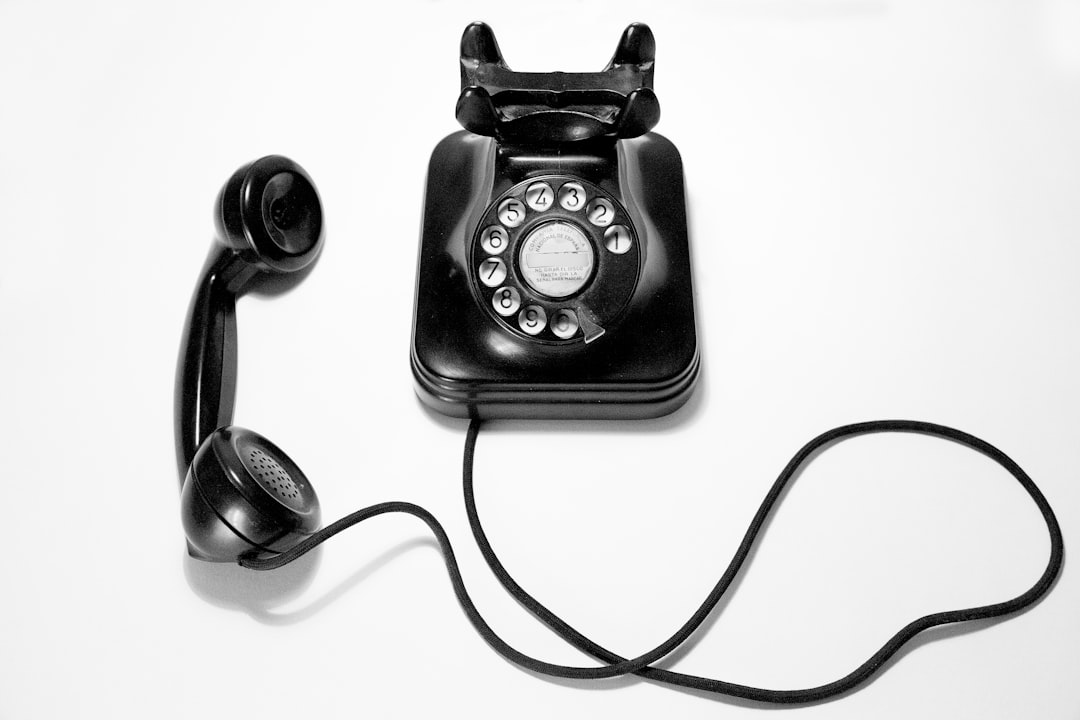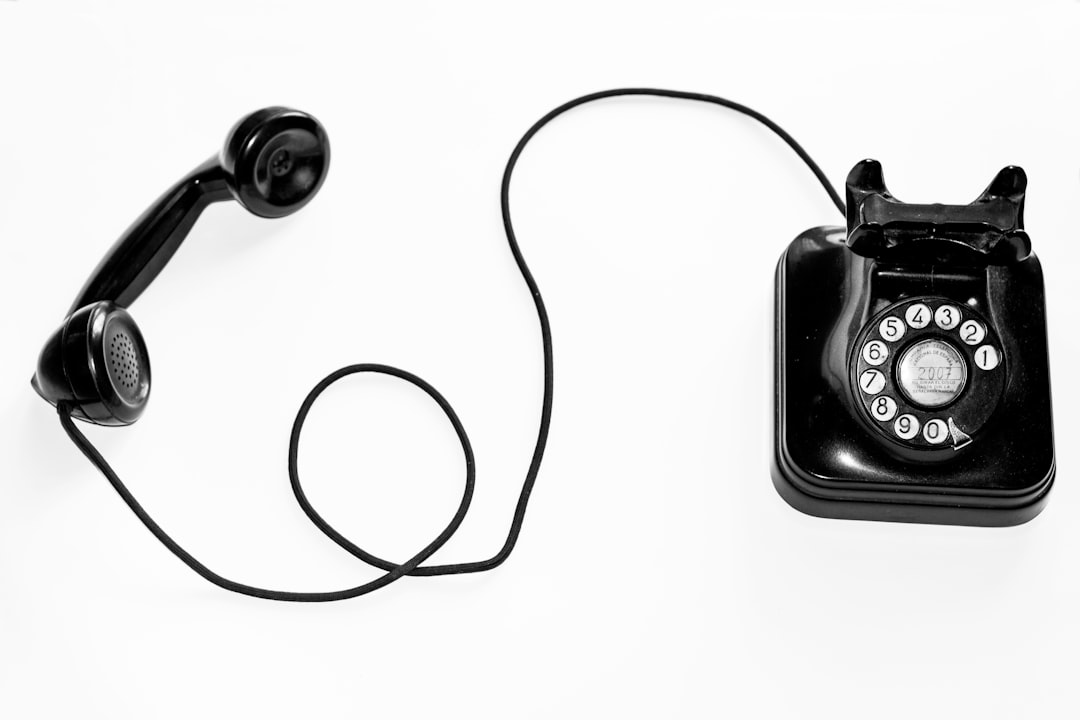Loyalty program communications through automated dialing systems (autodialers) are powerful tools for Michigan businesses, but their use is heavily regulated by state and federal laws. A lawyer specializing in autodialer Michigan practices can guide companies through do-not-call lists, consent requirements, and content guidelines to ensure effective yet compliant strategies, avoiding penalties and customer backlash. Best practices include obtaining explicit customer consent, personalizing messages, leveraging data responsibly, being transparent, providing opt-out options, and regularly updating consent records.
In today’s competitive market, loyalty program communications play a pivotal role in retaining customers. For Holland businesses, leveraging autodialers can significantly enhance marketing efforts. This article explores the dynamics of loyalty program communications and the legal framework surrounding autodialer usage in Michigan. We guide business owners on navigating regulations, ensuring compliance, and implementing best practices for effective communication strategies using autodialers. Contact a lawyer specializing in autodialer Michigan for expert advice tailored to your needs.
Understanding Loyalty Program Communications and Autodialers in Michigan

Loyalty program communications have become a powerful tool for businesses in Michigan to foster customer engagement and retention. These programs, often facilitated through automated dialing systems or autodialers, enable companies to send personalized messages, offers, and updates directly to their customers’ phones. For instance, a Holland-based coffee shop might use an autodialer to text its loyal patrons about new seasonal beverages or exclusive member discounts.
In Michigan, the use of autodialers is regulated by state laws, particularly when it comes to marketing and sales calls. A lawyer for autodialer Michigan can provide valuable insights into these regulations, ensuring businesses comply with do-not-call lists, consent requirements, and content guidelines. Understanding these legal aspects is crucial to making effective use of loyalty program communications while avoiding potential penalties and customer backlash.
Legal Considerations for Businesses Using Autodialers for Marketing

When businesses in Holland, MI consider implementing automated dialing systems for marketing purposes, they must navigate a series of legal considerations. The use of autodialers is regulated to protect consumers from unwanted and intrusive communications. Federal laws like the Telephone Consumer Protection Act (TCPA) set guidelines on how businesses can use automated technologies for telemarketing, including restrictions on when and how calls can be made.
Engaging a lawyer specializing in autodialer Michigan practices is advisable. These legal experts can help Holland businesses understand and comply with the TCPA and other relevant state laws. They can also advise on best practices to minimize the risk of lawsuits or penalties associated with improper use of autodialers, ensuring that marketing efforts are both effective and compliant.
Best Practices for Effective and Compliant Loyalty Program Communication via Autodialer

To ensure effective and compliant loyalty program communication via autodialers, Dutch businesses should adhere to best practices that balance engagement with legal considerations. Start by obtaining explicit consent from customers, as this is crucial for maintaining compliance with regulations like the TCPA (Telecommunications Consumer Protection Act). A lawyer for autodialer Michigan can provide guidance on navigating these laws to avoid costly penalties.
Personalize messages to create a more meaningful connection with your audience. Using customer data effectively demonstrates respect for their privacy while increasing engagement. Additionally, be transparent about the purpose of the communication and provide an easy opt-out mechanism. Regularly monitor and update consent records to ensure compliance and maintain a positive brand image among customers.






